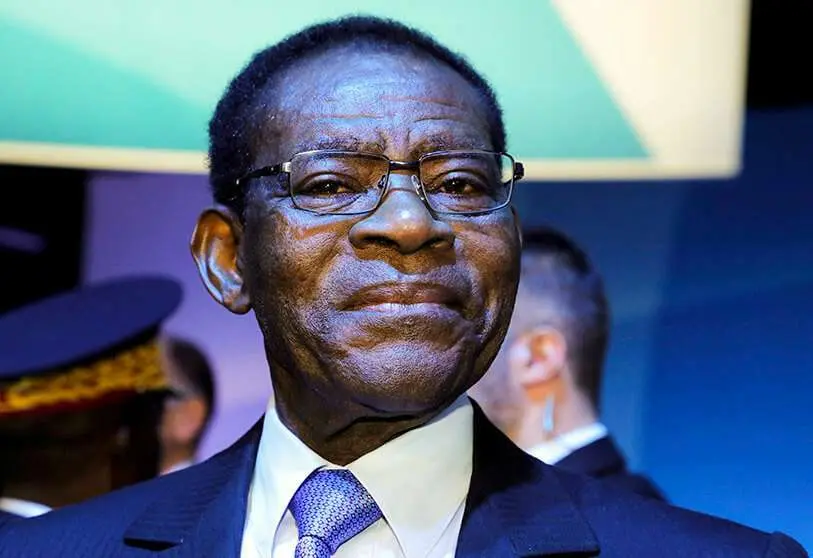A new tragedy in Equatorial Guinea

It is the biggest accidental tragedy ever suffered by Equatorial Guinea, the only ex-Spanish colony in sub-Saharan Africa. President Teodoro Obiang Nguema says that the cause of the chain of explosions that caused at least 20 deaths, almost fifty wounded and the total or partial destruction of numerous buildings in Bata was "the negligent handling of dynamite at the military base" of Nkuantoma, located precisely in the city considered the economic capital of the country. He promises a thorough investigation and appropriate punishment for those guilty of such negligence.
It has been a long time since the country with the highest per capita income on the continent, and branded a few years ago as "Africa's Switzerland", was in the limelight. Now it has done so thanks to this misfortune, for which the Malabo regime has appealed for urgent international aid.
Since Spain granted Equatorial Guinea independence on 12 October 1968, the country has known no other regime than that of an iron-fisted dictatorship, first under Francisco Macías Nguema, and then under his nephew, Teodoro Obiang Nguema. It is ironic that Spain under Franco bequeathed to its former colony something it itself did not possess: a constitution and a democratic system articulated through political parties. Both were abolished a few months after independence by Macías, who imposed in their place a regime of terror associated with unlimited corruption.
The coup d'état with which Teodoro Obiang Nguema overthrew his uncle in 1979 gave hope to the country's small population (today barely 1.3 million inhabitants), especially when gigantic oil deposits were discovered, which the Spanish companies had not even managed to sniff out in their prospecting. Indeed, the country's per capita income soared, although it was so unevenly distributed that almost 40 years later the majority of the population is scraping by on less than the equivalent of two euros a day to survive. The president's family and his inner circle therefore monopolise the wealth from the (meagre) contribution of the companies that exploit the country's oil, especially the country's vice president, son of Teodoro Obiang Nguema, and top favourite to succeed his father, who has been treated for cancer and has not infrequently been described as close to death. At 79, Obiang Nguema, who has been in power for more than 40 years, is already the world's longest-serving leader.
The coronavirus pandemic has hit the country hard, finding it without adequate health resources to combat it and with a substantial cut in revenue from its oil industry due to the sharp drop in crude oil prices. The head of the World Organisation for Africa (WHO), Dr Matshidiso Moeti, certified that Equatorial Guinea was the most affected country on the continent in relation to its population. Obiang reacted by expelling the WHO representative from the country, while last autumn he proceeded to completely reshuffle his government, which he implicitly blamed for the 5.8 to 8.9 percent drop in GDP.
All these misfortunes have not moved Teodoro Obiang to soften the harshness of the regime. Most opposition leaders remain in exile while those who risk returning and/or exercising their alleged political rights end up arrested and imprisoned, if not outright disappeared.
Teodoro Obiang Nguema Mangue, the son, vice-president and foreseeable successor of his father, still has numerous and important lawsuits with the French, American and Brazilian courts, places where he has had no qualms about displaying and airing an insultingly luxurious and profligate standard of living. It does not seem a priori that, once the current misfortune has been alleviated, with the corresponding bona fide international aid, the Equatoguinean population has much reason to suppose that things will change and that they will have access to a few more crumbs out of the fruits with which Nature has blessed the country. But, as Severo Moto, the country's most consistent and well-known opponent outside the country, says, "I will never give up hope, nor will I resign myself to the fact that things cannot change and turn Equatorial Guinea into a truly democratic country".

